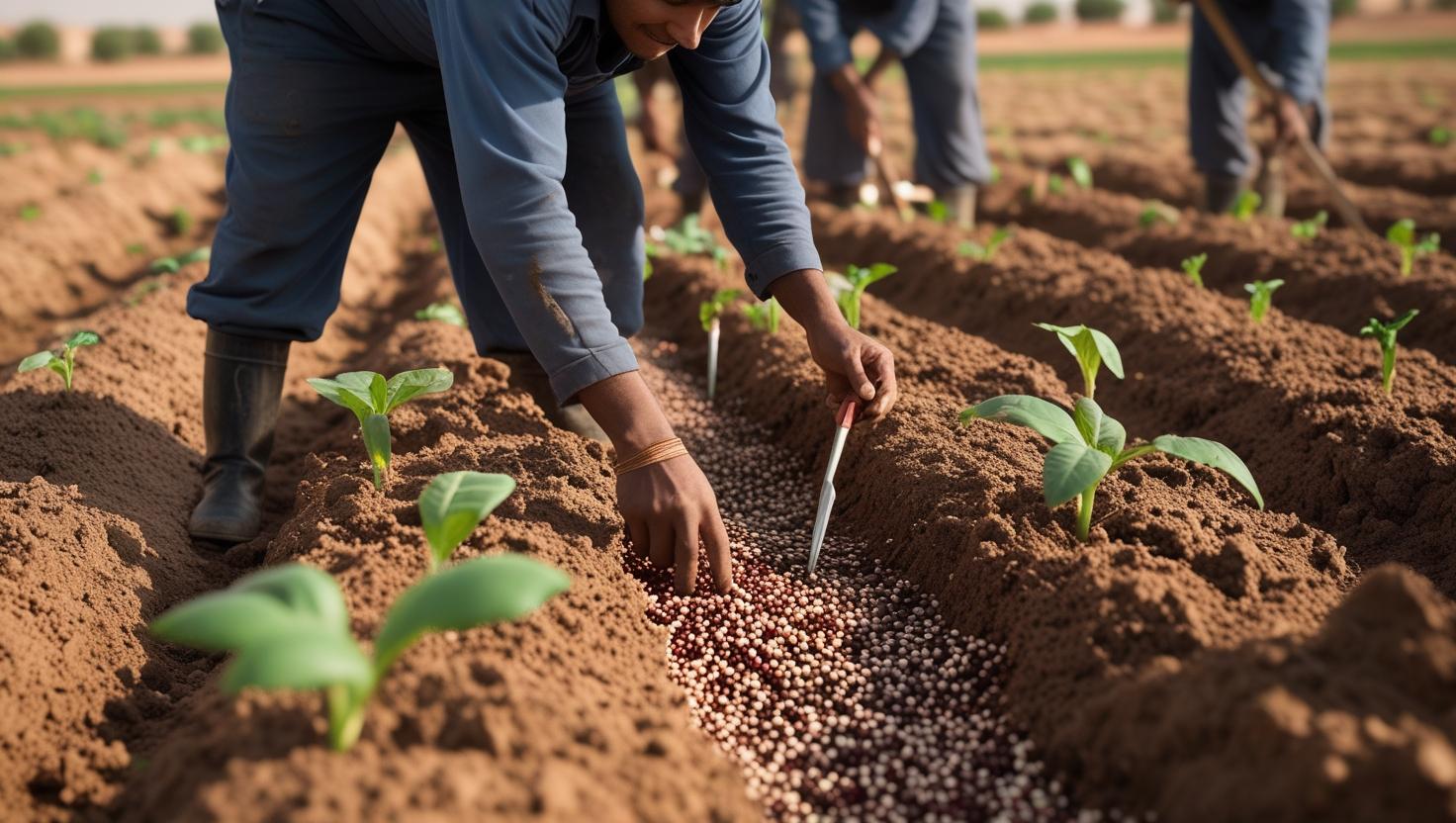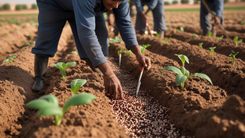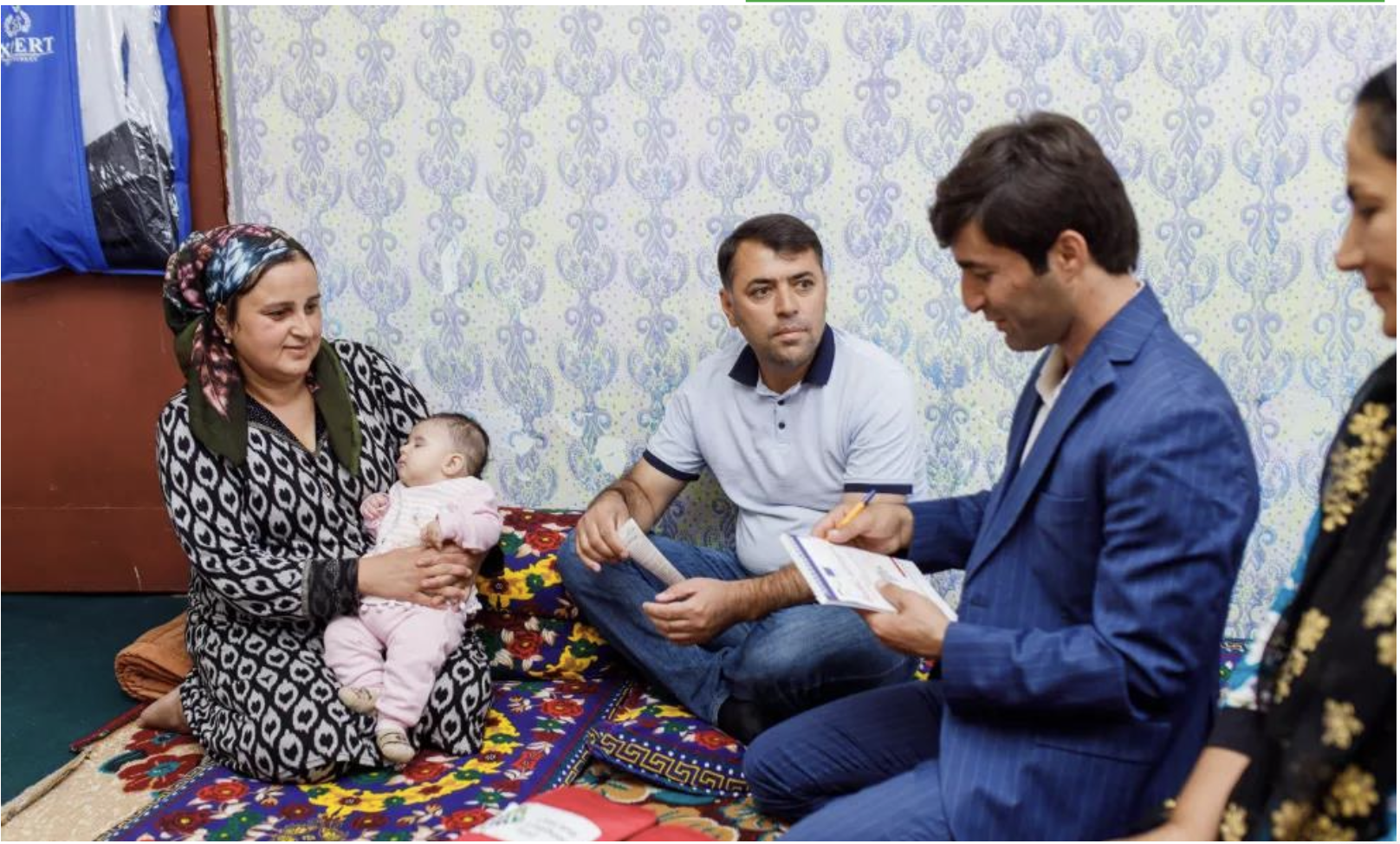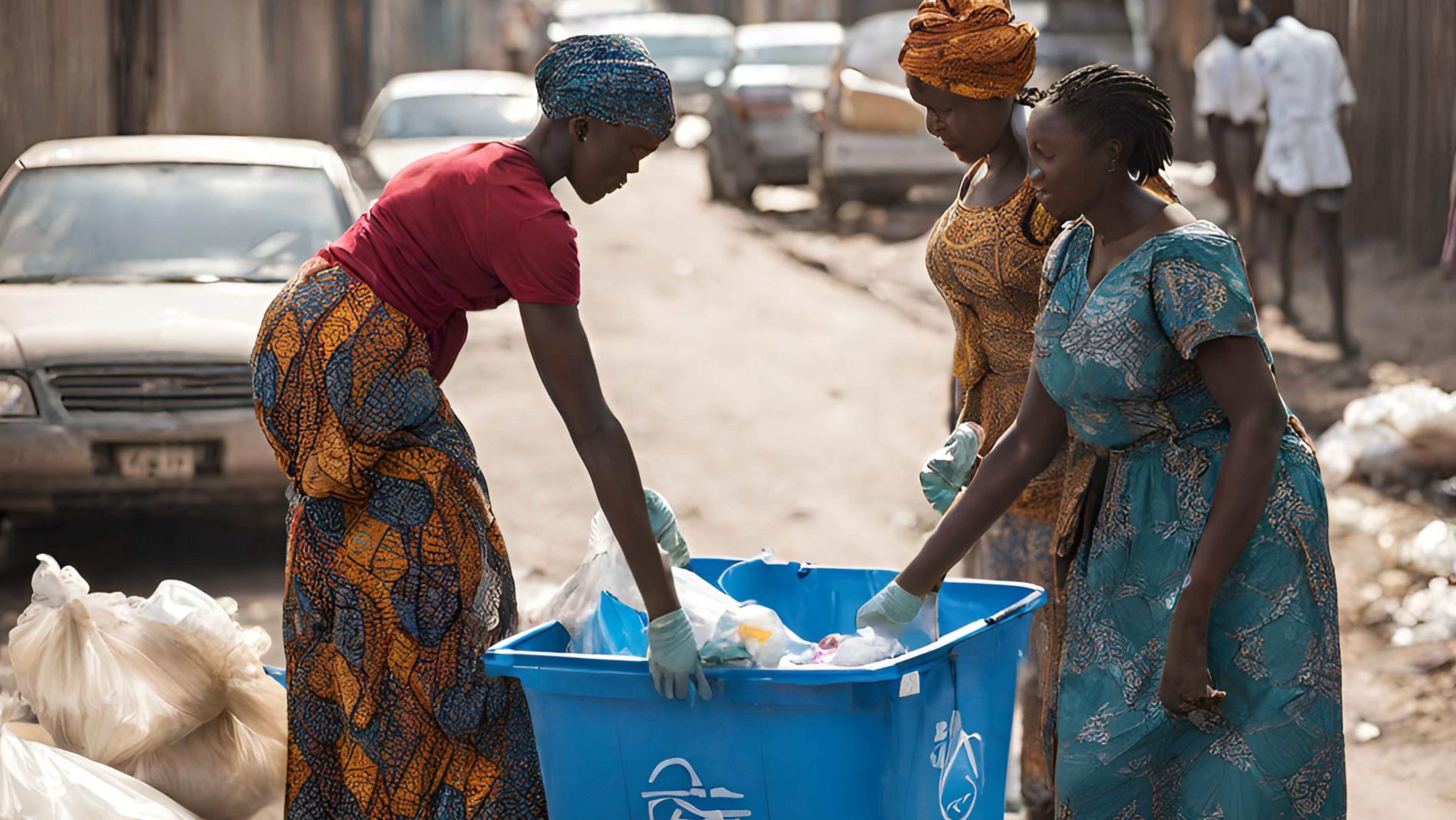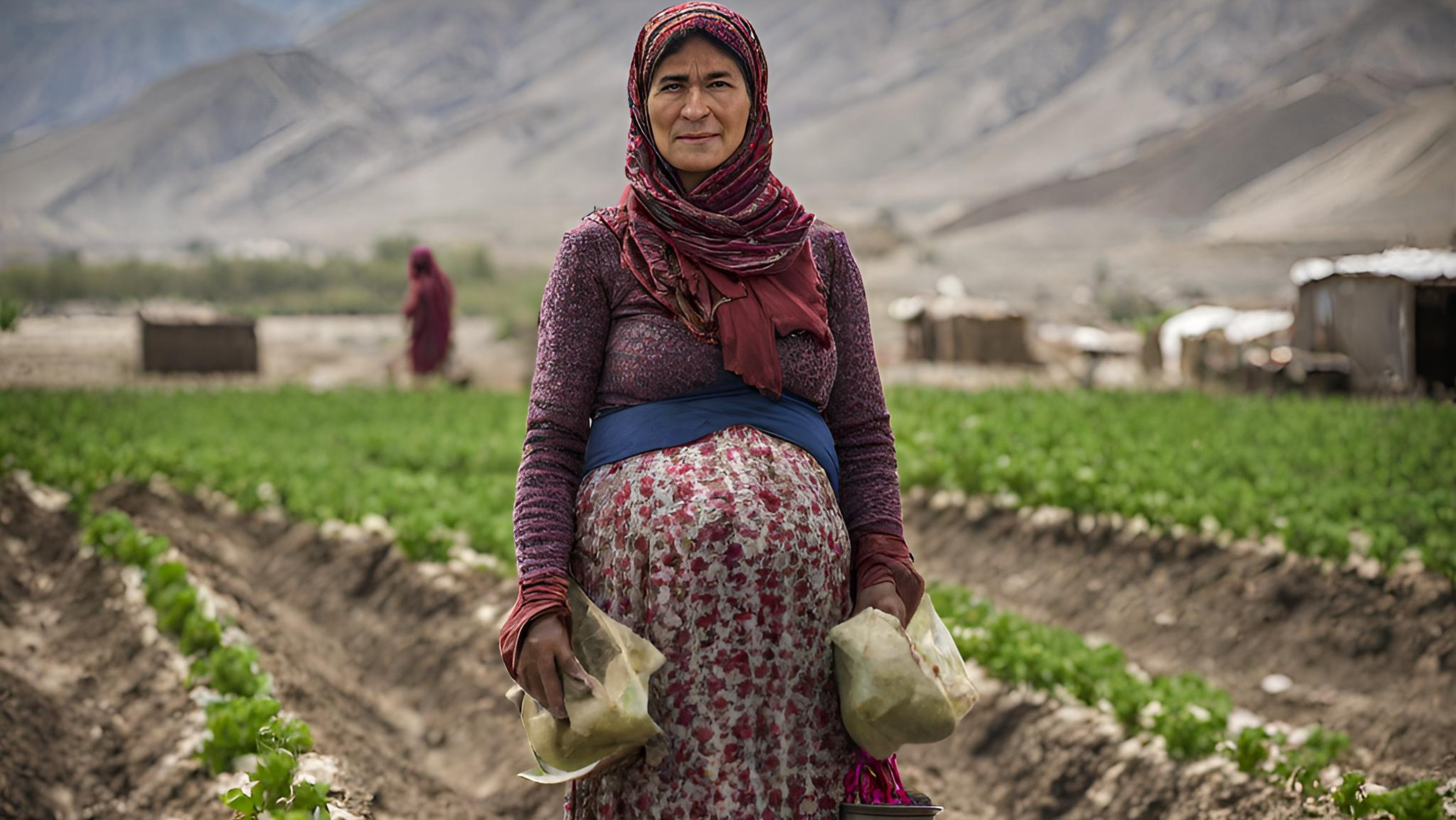Latest updates
Cimate Champions - Young Nigerian farmers beating drought with climate-smart agriculture practices
Ado Ya’u, a young agripreneur from a small farming community in Gezawa district of Kano State, proudly shows off his new improved farm produce that has stood the test of long dry period this year occasioned by weather intensities and unpredictable rainfall.
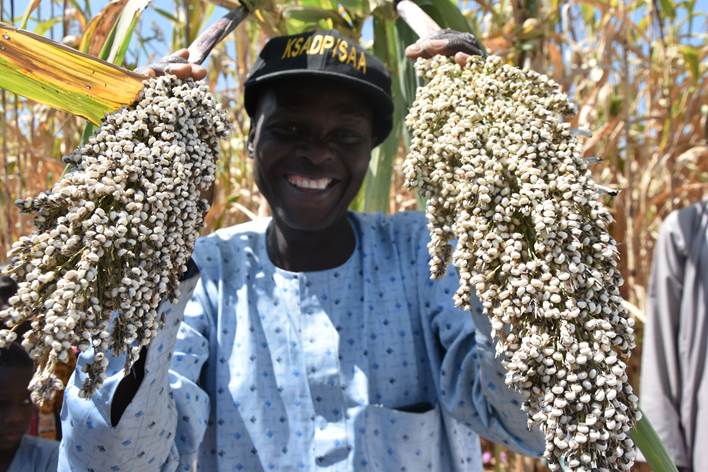
Ado is evidently overwhelmed because the unthinkable has happened with assistance from the Kano State Agro-Pastoral Development Project – a five-year, US$ 90 million crop value chain intervention, funded by the Islamic Development Bank, Lives and Livelihoods Fund and the Government of Nigeria.
Description automatically generated with medium confidence"This year I have produced 40 bundles of sorghum from one hectare of land. I am amazed at how well my sorghum has grown despite the extended dry periods. My harvest is much better and earlier than I had ever expected."
Text BoxUntil a few months ago, Ado’s mind was fraught with anxiety and stress. He knew that one more drought stint could spell the end of his business, which supports his mother and young siblings after their father’s death.
Description automatically generated with medium confidenceThis precarious livelihood is normal for hundreds of thousands of small farmers in Kano State, who are feeding the wider region with staples like sorghum, maize, and millet, but are increasingly racked with extreme weather on the front lines of climate change.
According to data from the Nigerian Meteorological Agency, average annual rainfall in Kano state has decreased by 10% in the past 50 years, with rain increasingly concentrated in shorter periods. The erratic rainfalls followed by severe drought spells over the long haul have disrupted planting and harvest schedules at the farm level, reduced crop yields, and increased food insecurity.
The once-fertile soils on Ado’s farm had dramatically compacted, leaving them deprived of nutrients and below the level of organic soil carbon required for plant growth, thus reducing farm produce, and increasing susceptibility to pests and disease outbreaks.
It was only until Ado registered with the LLF-funded KSADP and started receiving intensive training on various aspects of good agro-pastoral practices that he found enabling and viable solutions to protect his crops against climate hazards.
Determined to help the farming communities in reversing the unfavorable impacts of weather irregularities, the KSADP has empowered young farmers with climate-smart agriculture practices.
“Through KSADP, I have gained valuable knowledge about drought-resistant, early maturing crop varieties, such as sorghum and millet, specifically chosen for their ability to withstand harsh environmental conditions. I have also replaced my traditional sorghum varieties with drought-resistant cultivars,” shares Ado.
Ado’s success story has inspired other farmers in the community to embrace drought-resistant crops, leading to a collective improvement in agricultural productivity and a decline in food insecurity.
Together, they demonstrate the resilience of farming communities in climate change, proving that adaptation and innovation are essential to sustainable agriculture.
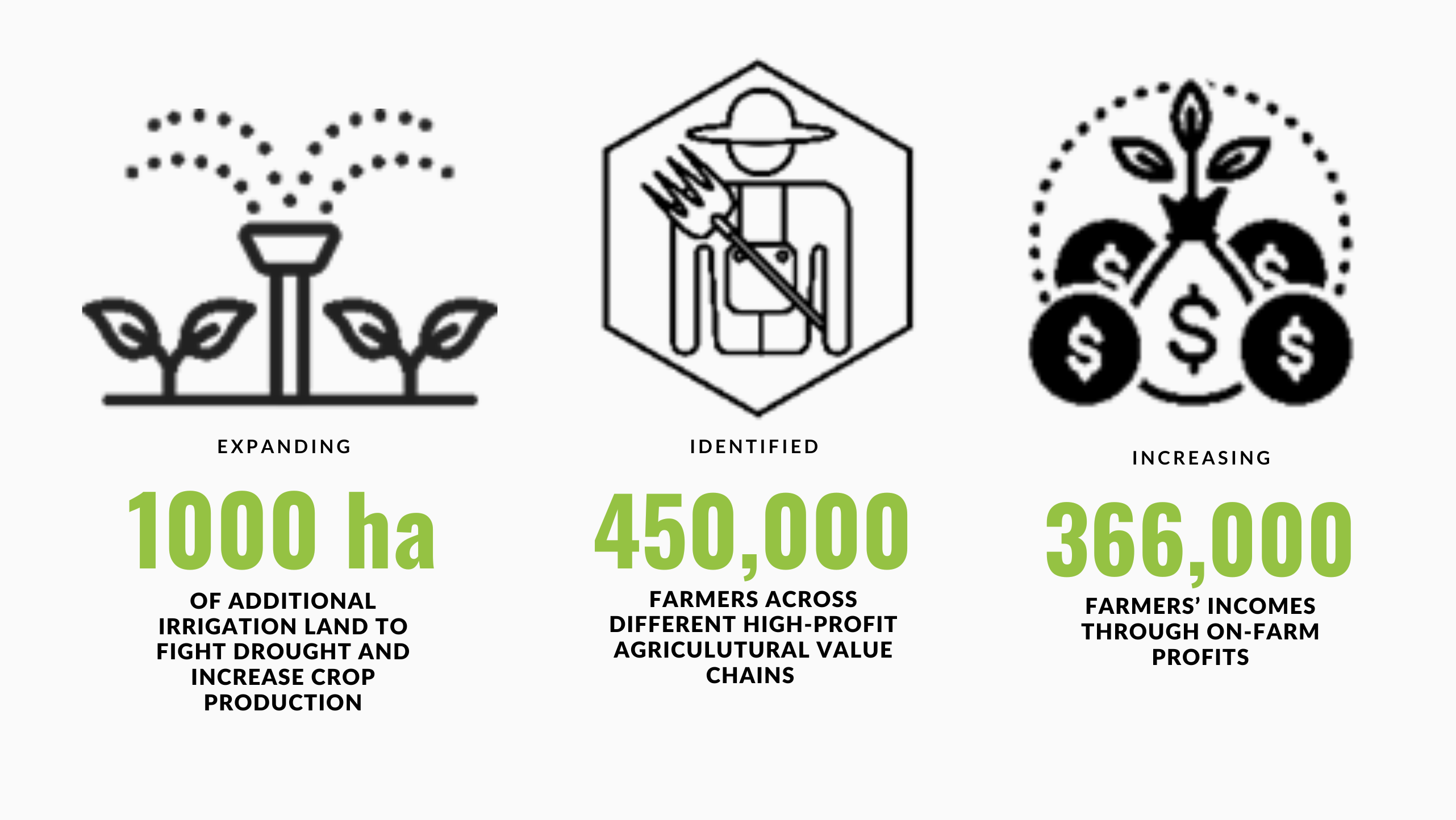
Related articles
Cookies
By browsing our website you accept our Terms and Conditions
